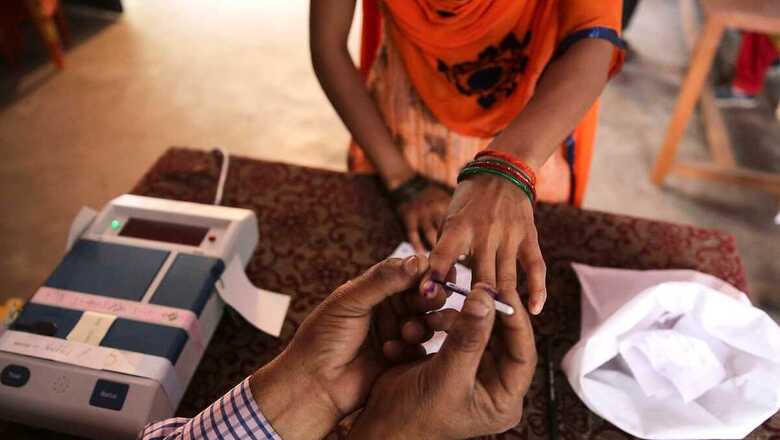
views
News18 analysed the numbers from several elections in the past which revealed that this was not a common practice before 2014. Rather, in the four assembly elections held before 2014, Delhi voted thrice for the same party at the Centre as well as at the state level.
In 2019 Lok Sabha polls in Delhi, held in May, the BJP swept the elections with about 57 per cent votes and bagged all seven seats. In the 2020 assembly polls, held in February, the AAP had a clear victory as it bagged 62 of 70 seats in the city and nearly 54 per cent votes.
A similar picture was seen in 2014-15. In the 2014 Lok Sabha polls, held in April, the BJP bagged all the seven seats and over 46 per cent votes. In the assembly poll, held in February 2015, the city voted for the Arvind Kejriwal-led party with about 55 per cent vote share.
The last time the city repeated such a pattern was in 1998 but, that time, BJP did not win all the seats. The party bagged six of seven seats in the Lok Sabha held in February that year. The same year, in November, the assembly elections were held and the BJP could not form the government. But Congress rose to power with the first term of Sheila Dikshit as the chief minister.
Almost a year later, the Lok Sabha polls were held again during September-October 1999. The BJP had a clean sweep in the polls.
The BJP formed its government in the state when the first assembly elections were held in 1993. Three of the BJP’s tallest leaders — Madan Lal Khurana, Sahib Singh Verma and Sushma Swaraj — headed the city between 1993 and 1998. During the same period, BJP also enjoyed sweeping the short-lived Lok Sabhas in 1996 and 1998.
The bonding of the Congress party with the city was the longest among the parties that have ruled the Capital. The Sheila Dikshit government in Delhi, formed in 1998, lasted for more than 15 years until 2013. During the period, two more Lok Sabha elections were held in the city and the Congress had bagged all the seven seats in 2009 and six in 2004.
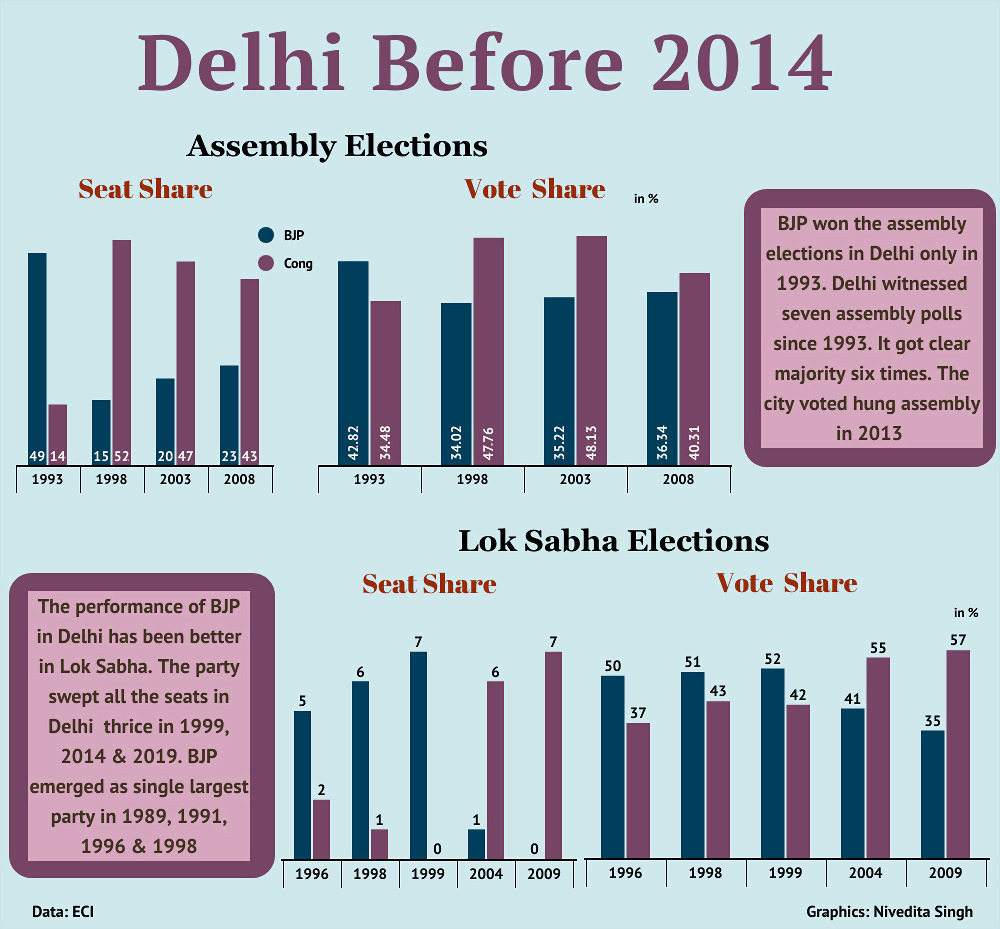
Only Once Delhi Elected MPs From 3 Parties
Delhi prefers to vote for a single party in the Lok Sabha. And if the second party is lucky, they may get one or two seats in the city. In the last 17 elections, it was only in 1989 that Delhi elected MPs from three parties — One was from Janata Dal, two from Congress and four from the BJP.
Mandate to Single Party in Lok Sabha
The analysis also shows that in the Lok Sabha, Delhi voters prefer to give mandate to one party in all the seats. So far, of the 17 Lok Sabha elections, Delhi has given a clear mandate to a single party nine times.
Further, the analysis also shows that the party that bagged the maximum seats in Delhi ended up forming the government at the Centre, with 1967 and 1991 Lok Sabha polls being the exceptions.
Back in 1951, when there were just three Lok Sabha seats in the city, two went to the Congress – that also formed the first Union government.
In 1957, the second Lok Sabha elections, the number of seats increased to four and all were bagged by the Congress. By 1962, the number of Lok Sabha seats in Delhi increased to five and Congress managed to claim all. Congress came to power at the Centre in all these years.
The same happened in 1971, 1984 and in 2009 when Congress swept the Lok Sabha polls in Delhi and was also the ruling party at the Centre. In 1980, Congress ruled at the Centre and won six of the seven seats in Delhi.
The picture continued in 1997, 1996, 1998 and 1999. The only change was that the Congress was not the ruling party.
In the 1977 Lok Sabha elections, it was the Janata Party that rose to power at the Centre and also swept the Lok Sabha polls in Delhi.
In 1996, 1998 and 1999, the city gave mandate to the BJP in Delhi as well as at the Centre. The tally slowly increased for the BJP — five seats in 1996, six in 1998 and seven in 1999.
The year 1967 was different. The number of Lok Sabha seats in 1967 increased to seven and Jan Sangh won all except one. Similarly, in 1991, BJP won four seats and Congress three. The Congress was the ruling party at the Centre in 1967 and 1991.
In the 2004 Lok Sabha polls, the Congress emerged as the winner in six of the seven seats in Delhi and came back to power at the Centre.
In 2014, the picture completely changed. BJP snatched all the Lok Sabha seats in the city as it also swept the Lok Sabha polls and rose to power at the Centre. The BJP continued its control over the city as well as the county in 2019.
Three Becomes a Crowd in Assembly Polls
Another pattern that was developed in the city post-2014 was not electing more than two parties in assembly elections. This was not the case in the earlier elections, even when the Congress and BJP were the sole major parties in the city.
In the 2015 elections, Delhi gave mandate to AAP with 67 seats while BJP was second with three seats, including one Shiromani Akali Dal MLA who was backed by the BJP. In 2020 also, AAP got 62 seats and BJP eight. No other party or independent candidate won elections in the city in the last two elections. Earlier it was different.
In the first assembly election in 1993, three parties were elected to the House apart from three independent candidates. BJP got 49 seats, Congress 14, while Janata Dal bagged four seats.
Janata Dal remained the third party in the 1998 elections as well when Congress won 52 of 70 seats and BJP was second with 15 seats. Two seats went to independent candidates.
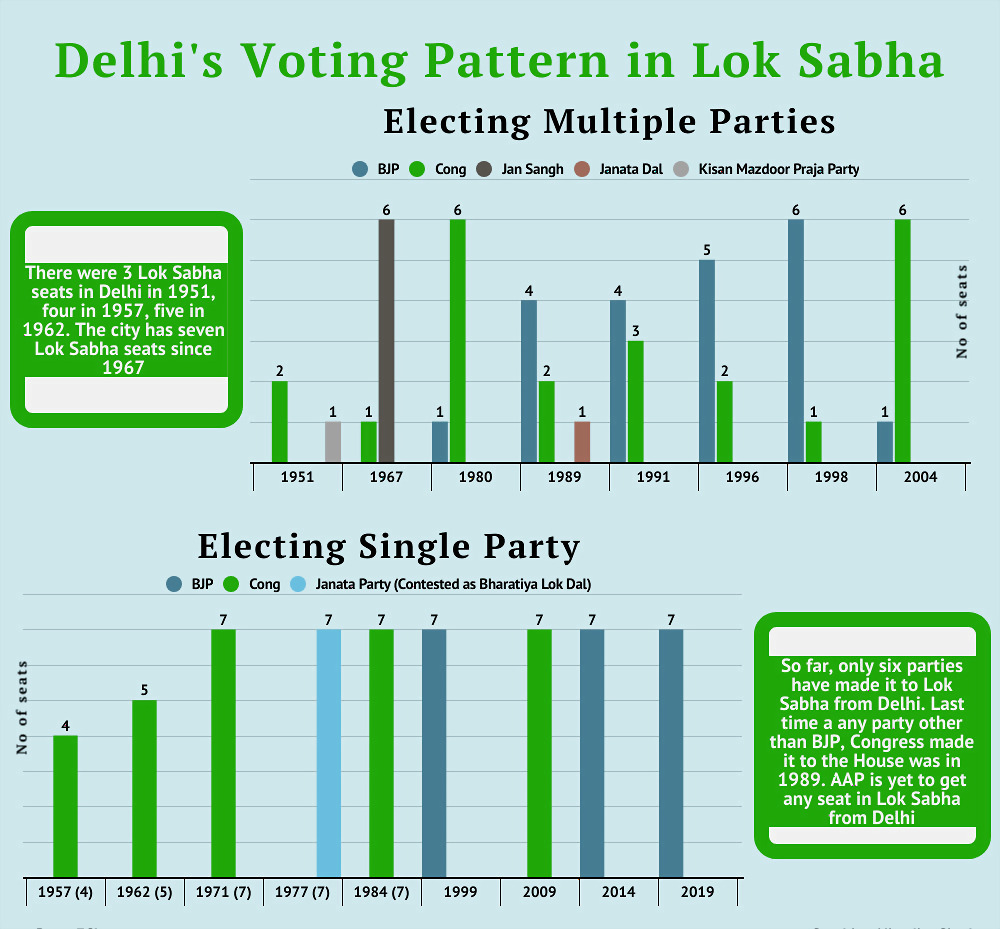
In 2003, Nationalist Congress Party and Janata Dal (Secular) bagged one seat each as Congress continued its dominance. Dikshit repeated her term with her party winning 47 seats and BJP was the main opposition with 20 seats. Another seat went to an independent candidate.
In 2008, it was the BSP that bagged two seats and Lok Janshakti Party got one. One seat went to an independent candidate. Congress was re-elected with 43 seats and BJP was again second with 23 seats.
In the 2013 election, when Kejriwal formed his first and short lived government, SAD and JD(U) also bagged one seat each apart from Congress and BJP.
In 2024 Lok Sabha polls, Congress and AAP have joined hands against the BJP with the grand old party contesting on three seats — Chandni Chowk, Northwest and Northeast Delhi while AAP gets four — West, East, South and New Delhi.












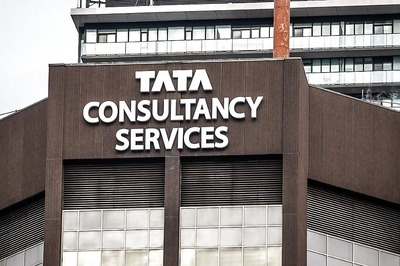

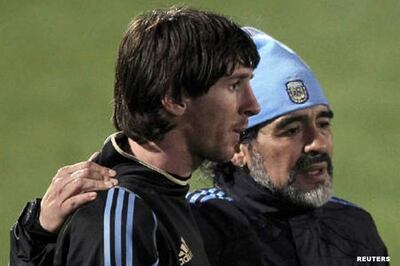

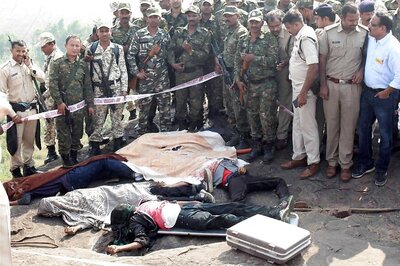
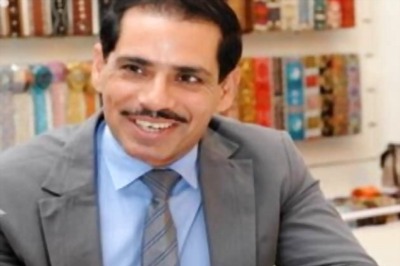
Comments
0 comment